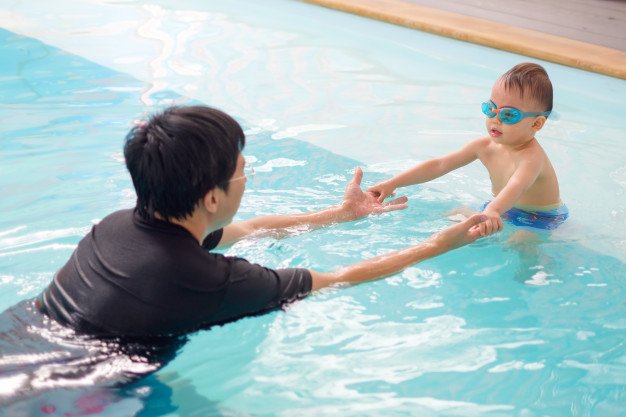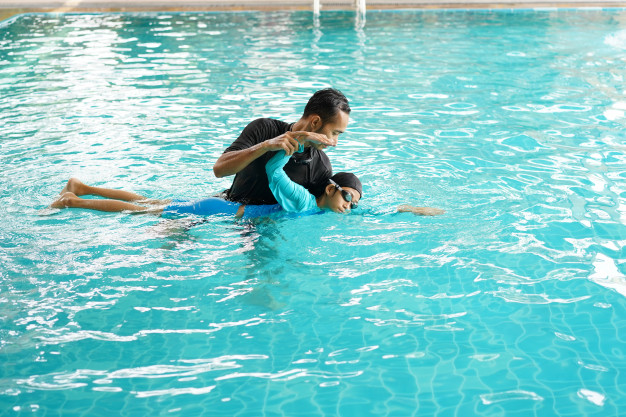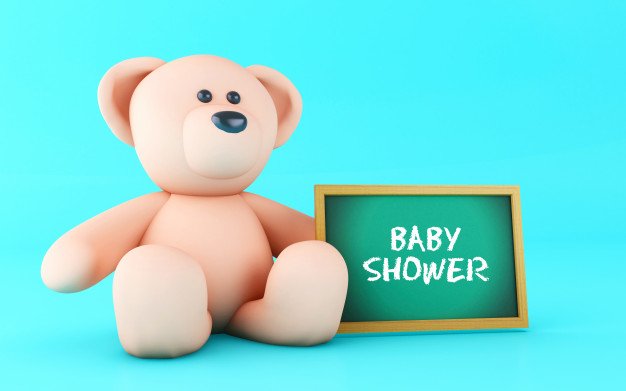Swimming lessons for children are an important way to teach them the skills they need to stay safe and confident in the water both now and later on in life. This is particularly important if you have a pool in your backyard, live near the water, or if you spend a lot of time at a pool in the summers.
Drowning is a leading cause of death among children, and it only takes a split second for it to happen. Many parents are uncomfortable letting their children swim for this reason. However, while swimming lessons do not immediately prevent a child from drowning, they can provide an extra layer of protection in terms of skills and knowledge that could potentially save their lives.
So, now that you know it’s important for your child to learn to swim, what is the right age to start swimming lessons?
Get Them Swimming by 4 Years Old:
Children develop at different ages. For that reason, it’s hard to put a specific number on when your child will be ready, but there are some guidelines that parents can follow. The American Academy of Pediatrics (AAP) recommends that all children over age 1 take some kind of swimming lessons, even if it is just to learn how to safely enter the water. By the time a child is 4, however, they should be fully enrolled in a swimming lesson program.
Typically, most children won’t be confident, skilled swimmers until they are around 6 or 7 years old, but the earlier they start, the stronger they will be.
Consider Toddler Swimming Lessons:

Drowning is more common for children ages 1 to 4 than it is for older children and early teens, and drowning rates are highest between ages 1 and 2. For this reason, it is recommended that children start swimming lessons as early as possible when they are toddlers.
Ideally, knowing water safety and how to conduct yourself in a pool is beneficial for a child to know before they can walk. As any parent knows, once children start walking, they don’t stop and will take off running in any direction without warning. If a pool or body of water is in that direction, they could drown before a parent has time to reach them. The same goes for children who can crawl – they can just as easily crawl into a pool. However, if they end up near the water and have a basic knowledge of swimming, they’re more likely to be able to conduct themselves safely. This knowledge may not stop them from drowning, but it will certainly lower the odds and give them a fighting chance.
Should Babies Learn to Swim:
Clearly a baby won’t be able to swim until they are a little older, but enrolling your baby in an infant swimming lesson program is generally a good idea. Infant swimming lessons can help babies to adjust to being in the water, as well as learn basic concepts such as floating that they will be able to build upon later. Typically, these classes teach skills such as showing babies how to roll over onto their backs so that they can breathe if they end up in the water.
These classes often involve parents, which is a helpful idea to provide parents with more knowledge about water safety and keeping their baby protected. This is also a great way to ease into the idea of having your children learn to swim.
Regardless of what age you decide to do it, you should be enrolling your children in a learn to swim program at some point in their young life, for their protection and yours. Swimming is something kids enjoy, and giving them the skills and knowledge to be safe while doing so can help make a difference as they grow up.
Read Also:





















